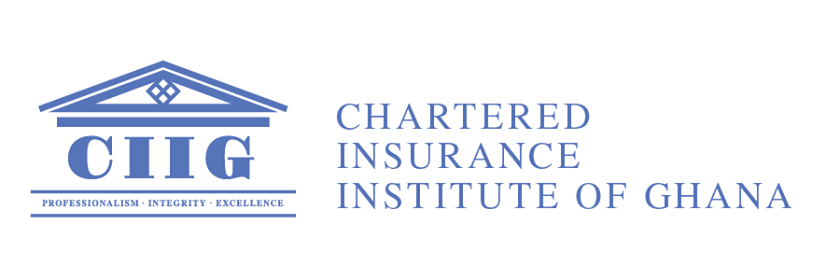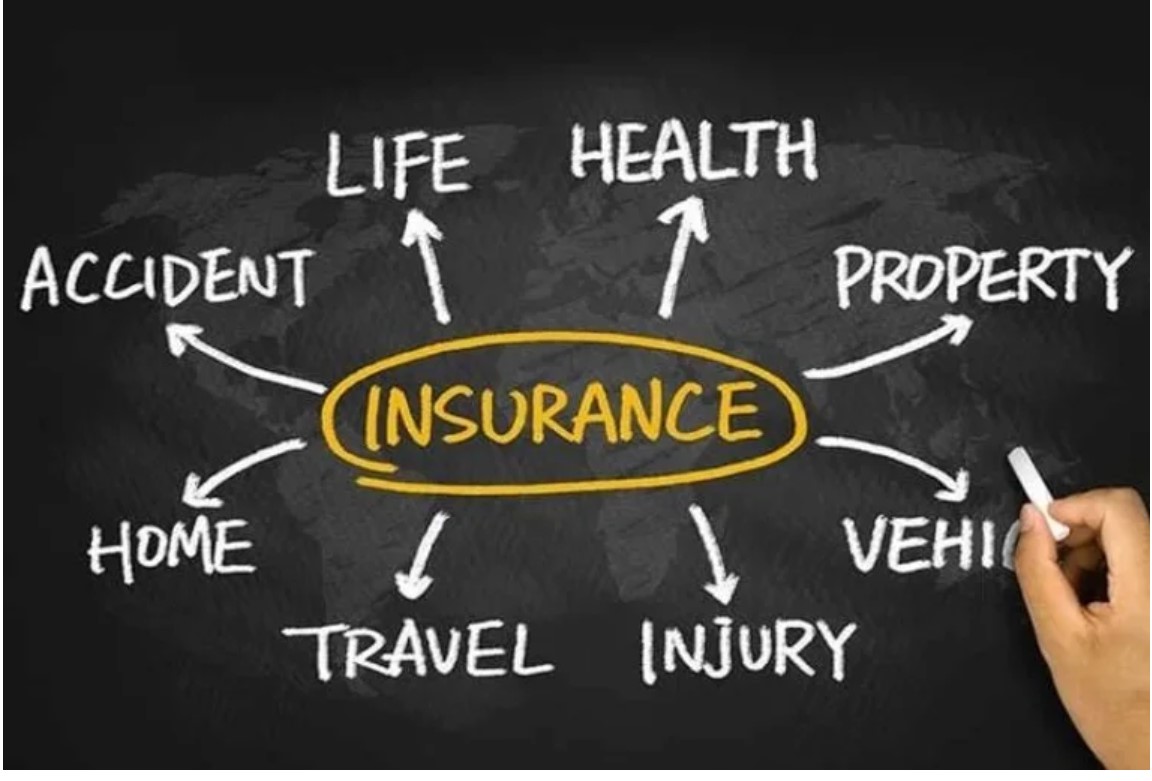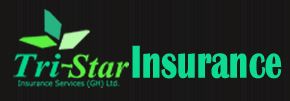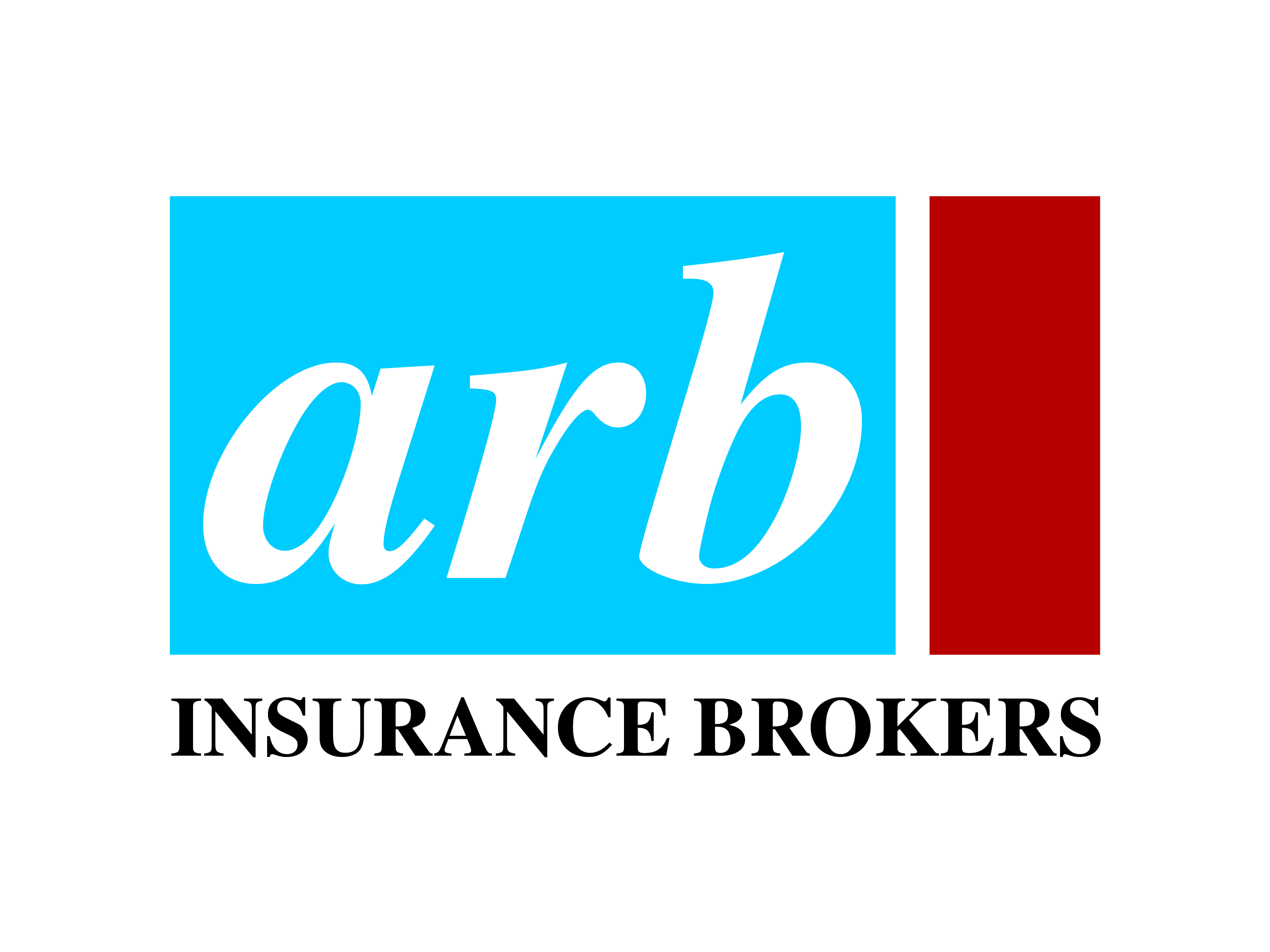
Why Continuing Professional Development (CPD) is good for you and your firm.
What is CPD?
In today’s fast changing world knowledge gained through qualifications quickly goes out of date. Continuing Professional Development (CPD) is the practice of making a commitment to continuous improvement. This encourages professionals to be continually seeking to expand and develop their skills in a way that builds public trust.
CPD can take on a variety of forms. Crucially, CPD is facilitated and structured in a way that sets learning objectives and requires professionals to reflect on what they have learnt.
What are the benefits of CPD?
The core benefit of CPD is improving public trust. As the International Association of Insurance Supervisors (IAIS) states, “continuous professional development [is]… aimed at enhancing public confidence in insurance intermediaries through raising professional standards.”
CPD is more effective than relying on ’on the job’ training and experience for the following reasons:
CPD looks at preparing professionals for the future by anticipating the impact of new technology or regulations, rather than what’s merely needed to be competent now.
Good quality CPD goes beyond knowledge and skills and elements of ethics that are essential in building public trust.
In contrast, relying on learning through ‘on the job’ experience can mean bad habits develop as well as being duplicated when training others.
By employing CPD, international firms can align themselves across different markets, giving them a consistent approach to competence, ethics and care for the client.
How is CPD regulated?
The Insurance Distribution Directive (IDD), which came into effect on 1 October 2018, requires all staff who are directly involved in selling or administering insurance to do at least 15 hours of continuing professional development (CPD) per year. Its aim was to introduce a new requirement for staff who sell, advise on and transact insurance contracts for all types of insurance customers. The EU authorities wanted “to strengthen the confidence of customers” by improving minimum standards in key areas such as customer information, training and product governance.
By making CPD a key part of the IDD, insurers can keep themselves on track by doing the following:
All staff who are directly involved in selling or administering insurance will need to do at least 15 hours of continuing professional development (CPD) per year.
CPD can include courses, e-learning and mentoring, as well as attending training events and conferences. However, training should be ‘facilitated’, meaning that staff should not simply be left by their manager to learn ‘on the job’.
This CPD must cover a set of topics that are listed in the Directive, in a way that is appropriate for each role within a company. For general insurance, this includes: terms and conditions of the products being sold; terms and conditions of the products being sold; the insurance market and laws governing insurance distribution; claims handling, complaints handling, assessing customer needs, appropriate financial competency; and business ethics standards including the management of conflicts of interest.
What does CPD consist of?
CPD can comprise of a wide range of structured and unstructured activities including, but not restricted to, the following:
Training courses and workshops
Conferences, seminars and webinars
Studying for an examination
Coaching
E-learning
Technical authorship
Reading and watching
Mentoring
Recommendations
When choosing CPD, choose objectives which not only cover professional knowledge (eg insurance legislation, anti-money laundering legislation, market, products, assessment of consumer needs), but also ability (eg. risks perception, underwriting process, claims procedures) and ethics (codes of conduct/ethics).
Use professional bodies
Use an external body to assess whether a distributor is maintaining their CPD requirements, such as a supervisory authority or professional body. They will then provide frameworks and tools to monitor CPD as well as overseeing their general conduct. In addition, professional bodies have the potential to build a sense of community amongst professionals, supporting ‘self-help’ networks in which professionals encourage each other to reach higher standards of professionalism. Given the wider responsibilities of supervisors, it not always possible for them to encourage this sense of community without the assistance of professional bodies.
Keep CPD documentation up to date
All CPD completed needs to be evidenced and retained. The chosen authority or professional body should review this evidence demonstrating achievement of CPD on a regular basis. Any existing reporting mechanisms should be incorporated in this process to prevent any undue burden on distributors and competent authorities.
Focus on learning objectives and reflection as well as hours spent on CPD.
It is easy to focus on ‘hard’ requirements such as minimum hours spent on CPD, at the expense of ‘softer’ factors such as reflection about what has been learnt. However, this can lead to a ‘tick box’ approach in which the link between training activity and the ultimate goal of improving public trust is lost. This can be achieved by stressing the responsibility that managers have in ensuring meaningful objective-setting and reflection takes place.
Embrace change
The very essence of CPD is one of continued learning. What you learn today may change by next year. CPD shouldn’t be approached as a tickbox exercise of knowledge but one of identifying relevant areas and how to maintain them. You can only be an expert in a particular field if you keep up to date with all developments.
ciig Ghana (ciig.edu.gh)
Share On Social Media

Third-party insurance premiums up from January 1; ¢482 for private cars and ¢637 for taxis
Read MoreWhy Buy Insurance ?
There will be no need for insurance if we are living in a perfect world on this planet called EARTH. Our goods would always arrive at their destination
Read MoreEmerging Trends In Ghanaian Insurance Market An Overview
According to a report by a UK based IT Solutions, Ghana has one of the fastest growing insurance industries in the world.
Read MoreTop 10 Insurance Brokers In Ghana
Ghana 2016 68 Insurance brokering companies that operated in Ghana in 2016 earned Income of GHC 73,144,221 in 2016 representing growth rate of 12%.
Read More






















